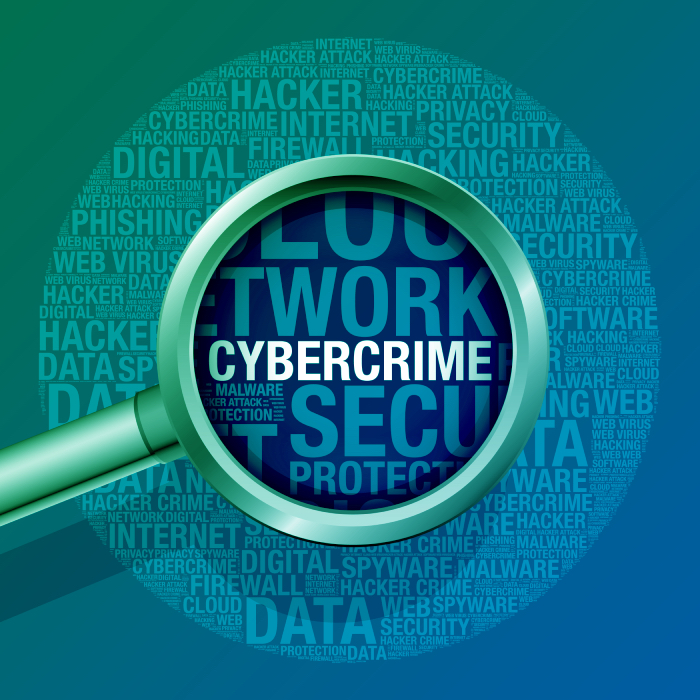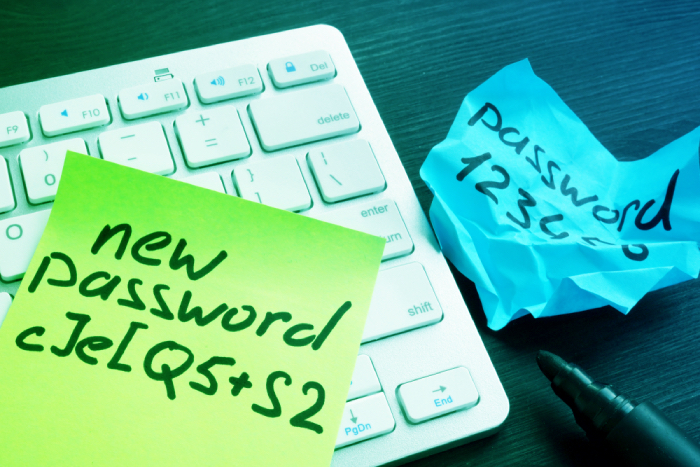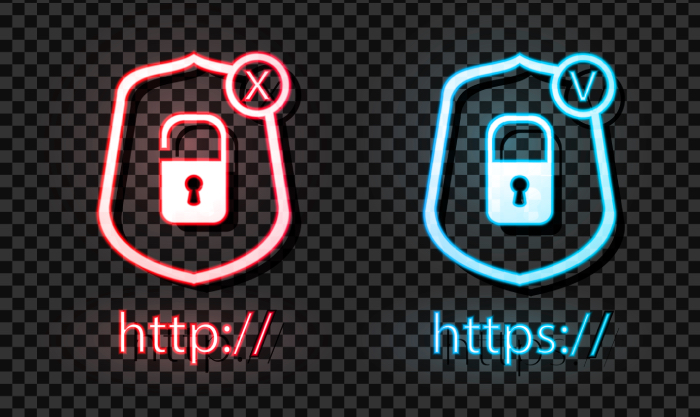Threats are tracking our steps online. And even the best antivirus in the Universe can’t protect you from every single one of them. Of course, there is software that warns you about malicious files and links. But ultimately nothing can stop you from getting to the phishing website if you are willing to do so.
With that said, you have to understand how to prevent cybercrime. You need to act carefully online because the most significant number of attacks happen due to human mistakes. Knowing some tips, you will surf through the internet like a pro dodging all the threats you might meet on your way. So read attentively – you need this information.
What is Cybercrime?
First, let’s define cybercrime. It’s a crime that is carried out online to steal or destroy valuable data. And we will talk about this particular kind. Also, cybercrime includes online bullying, harassment, stalking, copyright violation, and other types of illegal activities. They can be avoided and do not usually involve personal data stealing.
Therefore, we will talk about cybercrime prevention that refers to data thievery. It is something you should protect your devices from, indeed. Having protection will reduce the possibility to lose your valuable information. Without any protective software, in the worst case scenario, you can lose a lot of money or even your identity.
Cybercrime Prevention Tips
There are some things you should and should not do to avoid getting scammed online. It is quite easy – the list is not that long. You just have to be thoughtful about your activity on the internet. Ignorance is the main reason users suffer from cyber attacks.
Get a Full-Fledged Internet Security Suite
There are different kinds of threats online. You have trojans, spyware, ransomware, worms, and other types of malware. Also, there are kinds of phishing that are quite tricky to spot. But some
internet security softwares can protect you from it, too. So choose the software that can shield you from as many threats as possible. Be sure, getting just anti-malware won’t be enough.
Keep Your Software Up-to-Date
Outdated apps are
highly vulnerable to silent interceptions. The thing is that vendors fix any flaws in the code with each update. It is one of the measures that decreases the chance of attack. But if you don’t update your apps in time, you stay exposed to the potential threat. Especially, when it comes to browsers which serve as the main instrument for Internet access.
Create Strong Passwords
There are many unfortunate stories about users and even businesses who had passwords like “0password1”. Don’t risk becoming one of them and create strong combinations. And if you can’t come up with a good and reliable password, use the generated one. Most services today would provide you with a ready-to-use combination.
Be Cautious with Social Media Sharing
Social media became the primary source of valuable information for hackers. Why? Because we share there too many things. And some seemingly insignificant data like your pet’s name or grandma’s maiden name can become a strong tool for malefactors.
Mostly, when you need to protect your accounts you’re asked to set a control question and answer. Often it’s either someone’s maiden name or pet’s name. So be careful and do not share such information on the web.
Moreover, cybersecurity specialists advise not to share your travel plans. Thieves can use this information and get access to your personal data.
Ignore Odd Emails and Texts
Cybercriminals are trying to get to you through many channels – email, messages, and even social media. They pretend to have an excellent job proposal for you or to be someone from the support team. Usually, phishing messages and emails have attached files or links that lead to malicious sites. So, it is better to check them prior to opening.
For instance, if you totally don’t recognize the sender or something seems odd, don’t risk by clicking on the link. In case this is an email from support center of some service you use – don’t open the link in the letter. Go straight to the website and check if there actually is an issue. Don’t become one of
those users who get scammed by phishing messages.
Avoid HTTP Websites
Google is already trying to protect users from HTTP sites. So once you try to get on one, you’ll see a warning that this website contains a potential threat. This issue is especially important if you are going to buy something online – phishing websites steal credit card data all the time. All in all, try to avoid such sites and visit only those with HTTPS prefix.
Don’t Use Public Wi-Fi or Get a VPN
Usually, we don’t think twice when connecting to Wi-Fi in cafes or other public places. And that’s something you shouldn’t do if you want to stay safe. Public networks are rarely protected from hack attacks. Besides, there’s no guarantee you are not using the same network as the cybercriminal.
Therefore, each user connected to such Wi-Fi is exposed to the potential threat. So you have two ways to go here. The first one is not to connect to public networks at all. The second one is to get a VPN service and turn it on each time you want to use Wi-Fi in cafes, hotels, airports, etc.
Stay Informed on Major Security Breaches
It will help you to know the current situation and adjust to changes. Also, you will understand which threats are the most dangerous and which antiviruses are the most reliable at the moment. So, keep yourself updated to stay safe.
Report if You Became a Victim
In case if you have suffered from the attack, you should inform authorities about that. It will prevent accidents in the future and help them with their investigation. Also, contact any services that took part in this situation (for instance, an Internet provider). They might use the information, too.
Bottom Line
Your security depends on you directly. Each of your decisions matters – from which antivirus you pick to the links you click. That being said, you have to control your online activity by yourself. Because even the best security software can’t protect you from every online threat.





